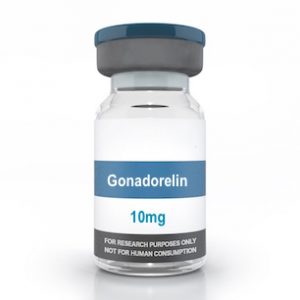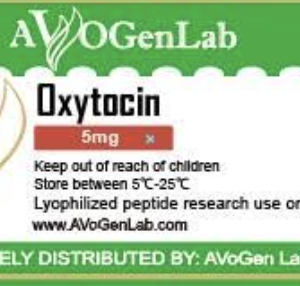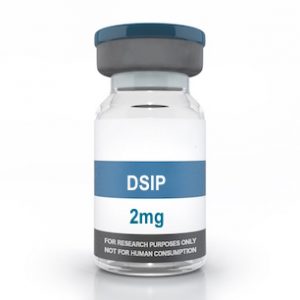Kisspeptin 5mg
$25.00
| International Brand Name | Kisspeptin |
| Packing Strength | 1 x vial 5mg (Powder) |
| Manufacturer Name |
Description
isspeptin (also known as metastin) is a naturally occurring human protein critical in puberty and reproduction hormone signalling. As a result, mood and behaviour are also altered, angiogenesis is boosted, and the kidneys are better controlled. In addition, the peptide’s ability to influence gonadotropin-releasing hormone is of particular scientific interest (GnRH).
What does Kisspeptin do?
As a result of Kisspeptin triggering the release of gonadotropin-releasing hormone (GnRH), the pituitary gland releases luteinizing and follicle-stimulating hormones, the production of testosterone and estradiol is influenced directly by these hormones.
Some studies have said Kisspeptin could have the ability to slow the spread of cancer, it was initially known as metastin (metastasis).
However, recent research has also shown that it has an impact on metabolism control. Researchers believe kisspeptin regulates food intake, glucose homeostasis, and reproductive function by acting as a mediator. Kisspeptin, then, has the potential to control energy balance as well as metabolism directly.
Kisspeptin and Fertility
Low kisspeptin levels or improper kisspeptin function can lead to complications. Infertility in both men and women could be caused by a hormone that isn’t working correctly. When this happens to females, it could lead to other hormonal dysfunction and the inability to ovulate.
According to research, men with low sperm counts and infertile men have a significant drop in serum kisspeptin. Fertile men had significantly higher serum kisspeptin levels than infertile men. According to the findings, there is a connection between high kisspeptin levels and low levels of male reproductive fertility. In addition, there is some evidence to suggest that it helps control the levels of testosterone, FSH, and LH in men.
High levels of kisspeptin aren’t associated with any diseases or symptoms. According to preliminary research, high levels of kisspeptin in childhood may lead to early puberty, but this has yet to be proven.





